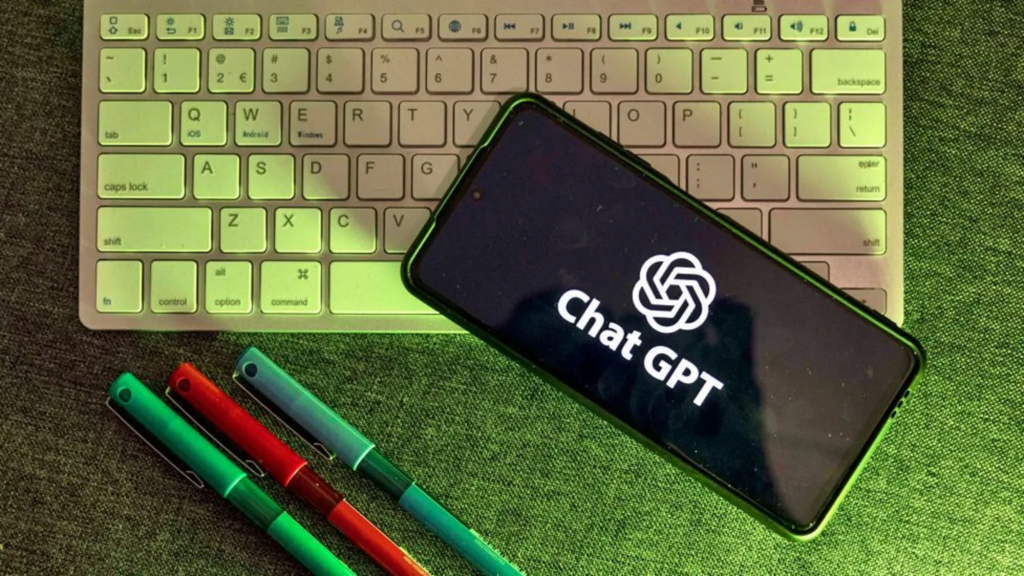
Audio By Carbonatix
University exams taken by fake students using artificial intelligence beat those by real students and usually went undetected by markers, in a limited study.
University of Reading researchers created 33 fictitious students and used the AI tool ChatGPT to generate answers to module exams for an undergraduate psychology degree at the institution.
They said the AI students' results were half a grade boundary higher on average than those of their real-life counterparts.
And the AI essays "verged on being undetectable", with 94% not raising concerns with markers.
The 6% detection rate is likely to be an overestimate, according to the study, published in the journal Plos One.
"This is particularly worrying as AI submissions robustly gained higher grades than real student submissions," it said.
"Thus, students could cheat undetected using AI - and in doing so, attain a better grade then those who did not cheat."

Associate Prof Peter Scarfe and Prof Etienne Roesch, who led the study, said their findings should be a "wake-up call" for educators around the world.
Dr Scarfe said: "Many institutions have moved away from traditional exams to make assessment more inclusive.
"Our research shows it is of international importance to understand how AI will affect the integrity of educational assessments.
"We won’t necessarily go back fully to handwritten exams - but the global education sector will need to evolve in the face of AI."

'Abstract reasoning'
In the study, fake exam answers and essays were submitted for first-, second- and third-year modules, without the knowledge of those marking them.
The scores by the AI students beat those achieved by the real undergraduates in the first two years.
But the humans scored better in the third-year exams - which "is consistent with the notion that current AI struggles with more abstract reasoning", the researchers said.
And theirs was the largest and most robust blind study of its kind to date.
Academics have raised concerns about the influence of AI in education, with Glasgow University recently reintroducing in-person exams for one course.
And earlier this year, the Guardian reported, a study had found most undergraduates used artificial-intelligence programs to help with their essays - but just 5% admitted pasting unedited AI-generated text into their assessments.
Latest Stories
-
Adom FM’s ‘Strictly Highlife’ lights up La Palm with rhythm and nostalgia in unforgettable experience
2 hours -
OMCs slash fuel prices as cedi gains
3 hours -
Around 40 dead in Swiss ski resort bar fire, police say
4 hours -
AFCON 2025: Aubameyang and Nsue make history among oldest goalscorers
5 hours -
Ghana is rising again – Mahama declares
6 hours -
Firefighters subdue blaze at Accra’s Tudu, officials warn of busy fire season ahead
6 hours -
Luv FM’s Family Party In The Park ends in grand style at Rattray park
7 hours -
Mahama targets digital schools, universal healthcare, and food self-sufficiency in 2026
7 hours -
Ghana’s global image boosted by our world-acclaimed reset agenda – Mahama
7 hours -
Full text: Mahama’s New Year message to the nation
7 hours -
The foundation is laid; now we accelerate and expand in 2026 – Mahama
7 hours -
There is no NPP, CPP nor NDC Ghana, only one Ghana – Mahama
7 hours -
Eduwatch praises education financing gains but warns delays, teacher gaps could derail reforms
8 hours -
Kusaal Wikimedians take local language online in 14-day digital campaign
8 hours -
Stop interfering in each other’s roles – Bole-Bamboi MP appeals to traditional rulers for peace
9 hours
